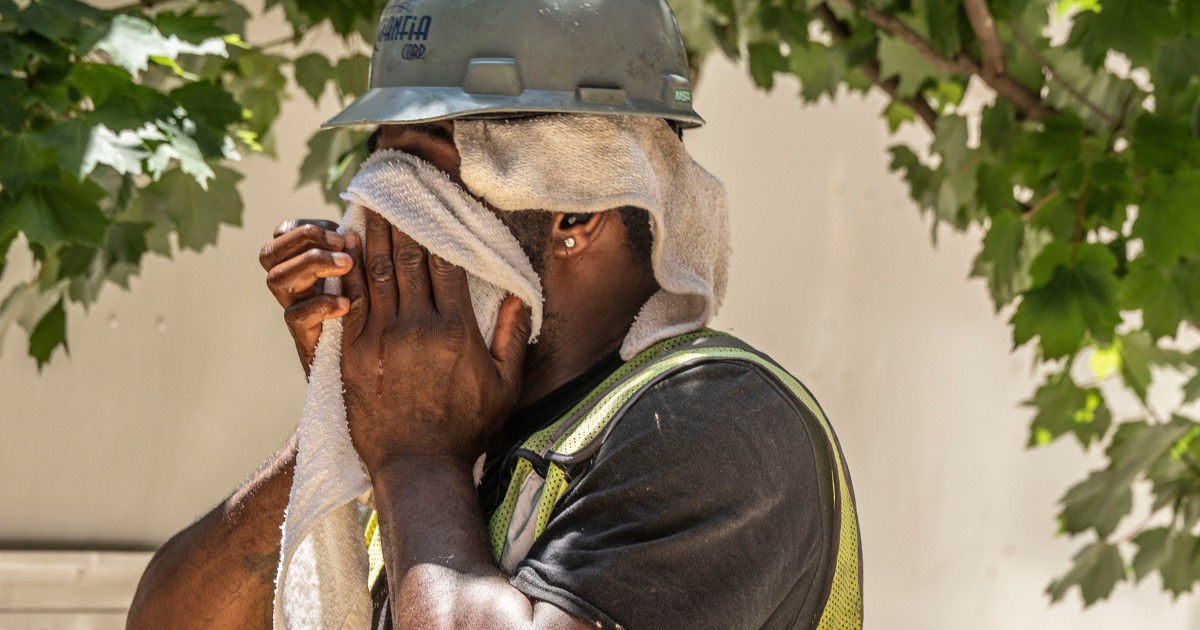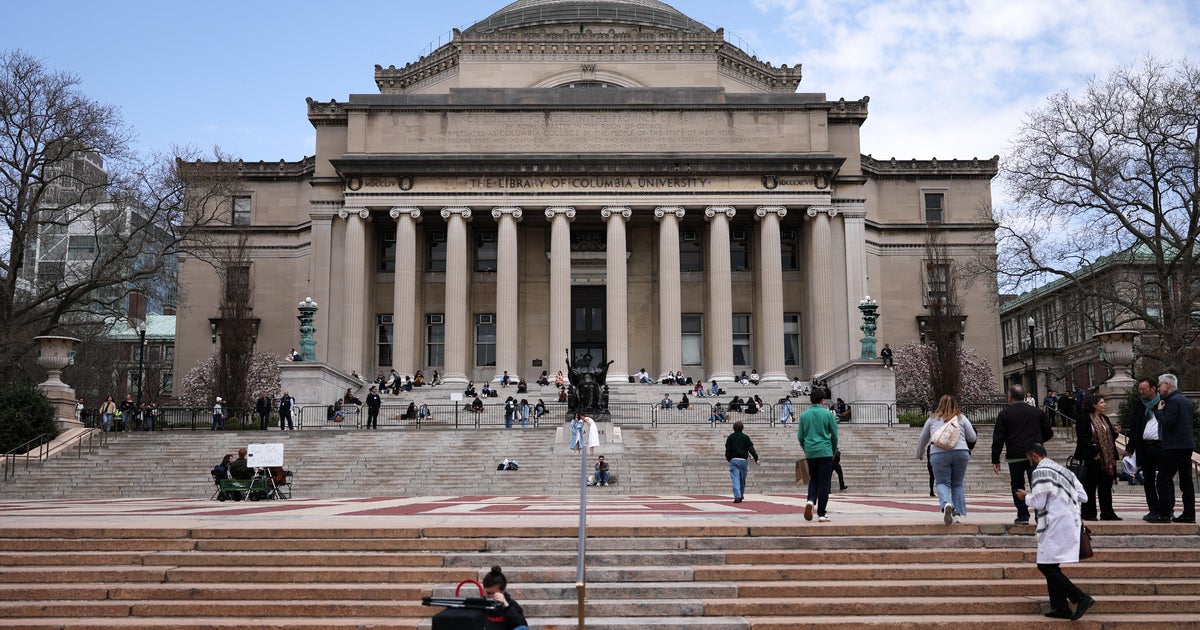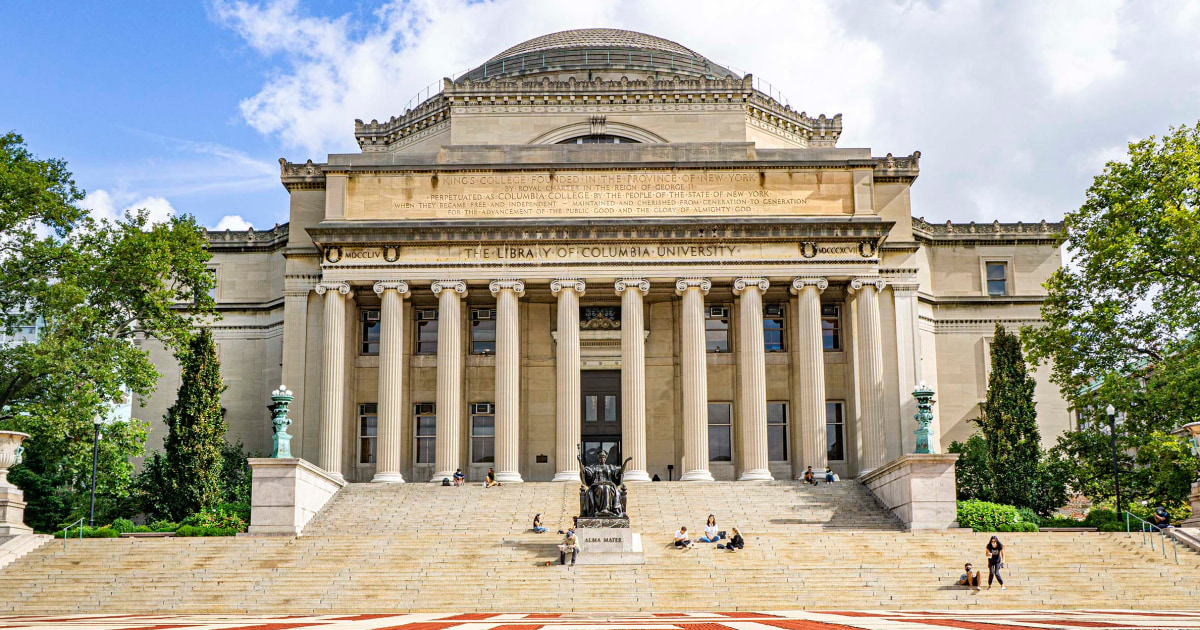The deadliest extreme weather event is not what you think it is

Meanwhile, in southern Nevada’s Clark County, the coroner’s office announced last week that 29 heat-related deaths have been reported so far this year — up from the same time in 2024. Clark County includes the city of Las Vegas, which is one of the fastest-warming cities in the country, according to a study published earlier this year by the nonprofit organization Climate Central.
The county recorded its first heat-related death for 2025 on May 9, weeks before its first confirmed heat-related fatality in late May 2024. Last year was particularly deadly for southern Nevada, with 527 heat-related fatalities, according to the Clark County Coroner and Medical Examiner’s office.
The summer of 2024 was southern Nevada’s hottest in recorded history, according to the National Weather Service. Las Vegas recorded a new record high temperature of 120 degrees Fahrenheit last July, and endured more than 100 days of triple digit temperatures.
Nearby, in Arizona’s Maricopa County, 15 heat-related deaths have been recorded as of July 19. That early figure trails the 23 confirmed deaths recorded by July 19, 2024, though public health records indicate that 299 deaths this year are still under investigation.
In May, the Maricopa County Department of Public Health said that last year, at least one heat-related death occurred every day in Maricopa County from June 18 to July 31.
In 2024, which was the hottest year on record for the county, authorities confirmed 602 heat-related fatalities, down from a record-shattering 645 heat-related deaths in 2023. That marked Maricopa’s first decline in heat deaths in a decade.
Local officials launched several new initiatives aimed at keeping people cool and safe over the summer, including planting trees to increase shade in public spaces and resurfacing pavements with more reflective surfaces in certain areas to combat urban heat.
“For a lot of folks, heat is an inconvenience, but for others, it’s very much a matter of life and death,” said Ariel Choinard, a scientist at the Desert Research Institute in Las Vegas and head of the Nevada Heat Lab.
Certain people are more at risk than others, such as senior citizens, individuals with chronic health conditions or young children who may not be able to articulate how they are feeling, she said.
Exposure to extreme heat also tends to disproportionately affect lower-income communities, according to Choinard. While everyone in a city like Las Vegas is exposed to summertime high temperatures, how people experience that heat depends on if they have stable housing, whether they are dependent on public transportation, or if they have access to and can afford air conditioning.
A study published in August 2024 in the journal JAMA found that from 1999 to 2023, there were 21,518 heat-related deaths in the United States. The research tracked these deaths each year and found that heat-related mortality rates have increased over the past two decades, and particularly in the last seven years.
[title_words_as_hashtags




